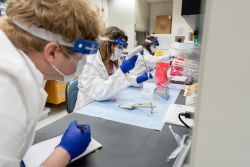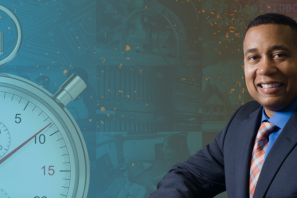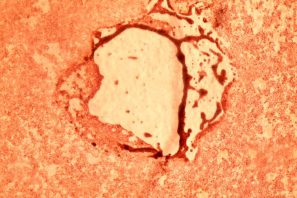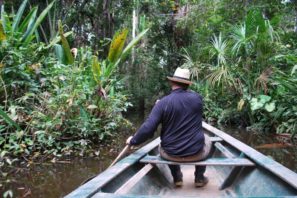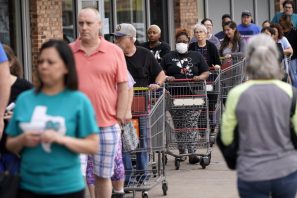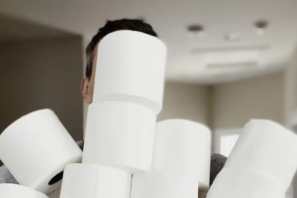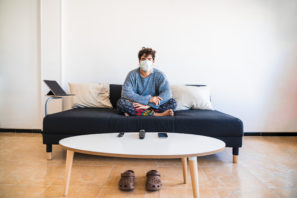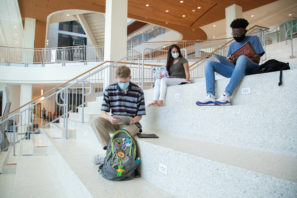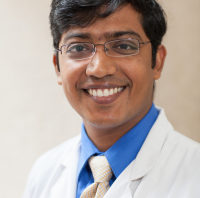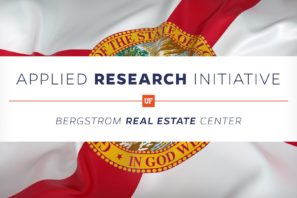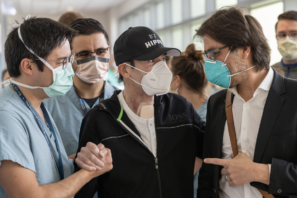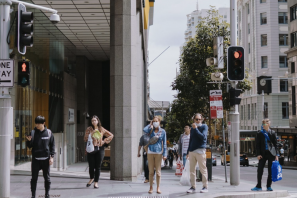David P. Norton, Ph.D., has spent nearly a decade building a collaborative, leading-edge research environment at the University of Florida. But as the number of coronavirus cases began to swell in Florida this spring, Norton and his leadership colleagues faced a daunting challenge: how to pause — and then restart — research at UF’s 16 colleges in Gainesville and dozens of facilities statewide.
With the COVID-19 pandemic surging nationwide, what can election officials do to ensure everyone has the ability to vote without risking their health?
A trio of interdisciplinary UF researchers are searching for genes that either hasten or thwart the growth of SARS-CoV-2 virus inside a human host. Their results may contribute to the search for a COVID-19 drug or therapeutic arsenal.
UF Health physicians put themselves at risk to provide critical medical relief around the globe.
UF Associate Professor of Philosophy discusses ethical actions in difficult circumstances.
UF Psychiatry Professor Carol Mathews writes for The Conversation.
Hint: Rethink testing. New research shows how to reduce COVID-19 quarantine times by almost half simply by testing on exit from quarantine instead of entry.
The University of Florida will attempt to vaccinate more than 1,000 students as part of a landmark national study to determine whether young people who have received a COVID-19 vaccine can still spread the coronavirus.
people, however, soon discover the microscopic invader won’t allow them to return to their normal lives even months after infection. It’s an especially insidious side of the coronavirus that makes vaccination all the more important — COVID-19 as chronic illness.
This is a chart analysis using the same data from the previous COVID-19 paper1 to focus specifically on the state of Florida and further focus on selected metropolitan areas.
The UF Health lung transplant team has collaborated with researchers around the world to identify preliminary guidelines for successful transplantation in patients whose lungs have been permanently damaged by the SARS-CoV-2 virus.
Dr. Emre Tepe is studying the spatial and temporal relationships between COVID-19 cases and urban characteristics.

